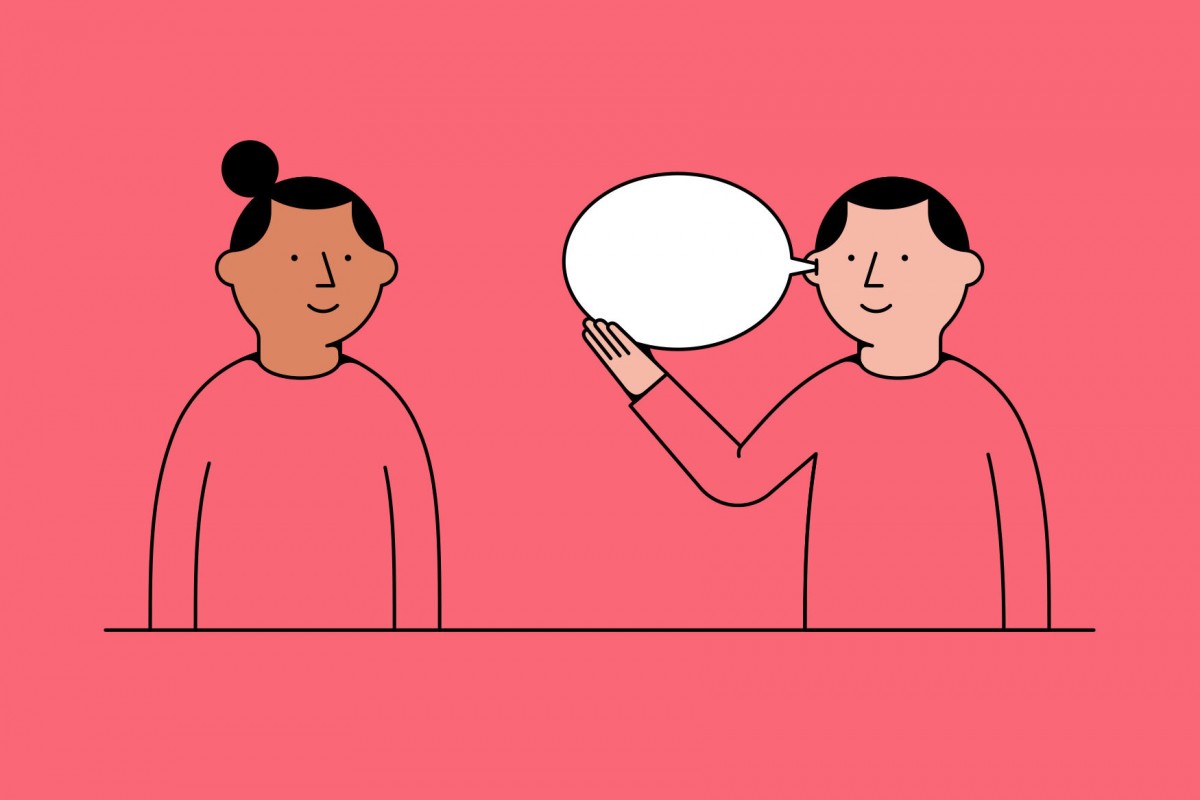Listening is a skill that’s vitally important, sadly under taught, and physically and mentally taxing. In the aftermath of Covid-19, particularly with the shift to remote work and the red-hot job market, it’s never been more important — or more difficult — for leaders to be good listeners. This article offers nine tips to help leaders become more active listeners, and a breakdown of the sub-skills involved in listening and how you can improve in them.
8 Simple Ways to Be a Better Listener
1. Pay Attention
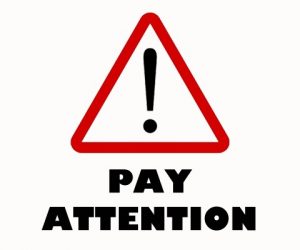
A good listener is attentive. They’re not looking at their watch, phone, or thinking about their dinner plans. They’re focused and paying attention to what the other person is saying. This is called active listening.
According to Skills You Need, “active listening involves listening with all senses. As well as giving full attention to the speaker, it is important that the ‘active listener’ is also ‘seen’ to be listening—otherwise, the speaker may conclude that what they are talking about is uninteresting to the listener.”
2. Use Positive Body Language
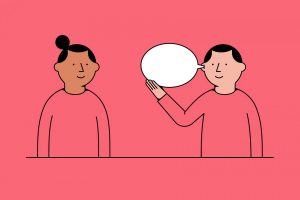
You can infer a lot from a person’s body language. Are they interested, bored, or anxious?
A good listener’s body language is open. They lean forward and express curiosity in what is being said. Their facial expression is either smiling, showing concern, conveying empathy, etc. They’re letting the speaker know that they’re being heard.
3. Avoid Interrupting the Speaker
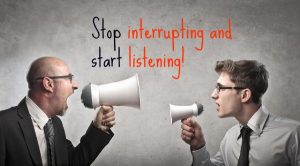
I am certain you wouldn’t want to be in the middle of a sentence only to see the other person holding up a finger or their mouth open, ready to step into your unfinished verbiage. It’s rude and causes anxiety. You would, more than likely, feel a need to rush what you’re saying just to finish your sentence.
Interrupting is a sign of disrespect. It is essentially saying, “what I have to say is much more important than what you’re saying.” When you interrupt the speaker, they feel frustrated, hurried, and unimportant.
Interrupting a speaker to agree, disagree, argue, etc., causes the speaker to lose track of what they are saying. It’s extremely frustrating. Whatever you have to say can wait until the other person is done.
Be polite and wait your turn!
4. Ask Questions

Asking questions is one of the best ways to show you’re interested. If someone is telling you about their ski trip to Mammoth, don’t respond with, “that’s nice.” That would show a lack of interest and disrespect. Instead, you can ask, “how long have you been skiing?” “Did you find it difficult to learn?” “What was your favorite part of the trip?” etc. The person will think highly of you and consider you a great conversationalist just by you asking a few questions.
5. Just Listen

This may seem counter intuitive. When you’re conversing with someone, it’s usually back and forth. On occasion, all that is required of you is to listen, smile, or nod your head, and your speaker will feel like they’re really being heard and understood.
I once sat with a client for 45 minutes without saying a word. She came into my office in distress. I had her sit down, and then she started crying softly. I sat with her—that’s all I did. At the end of the session, she stood, told me she felt much better, and then left.
I have to admit that 45 minutes without saying a word was tough. But she didn’t need me to say anything. She needed a safe space in which she could emote without interruption, judgment, or me trying to “fix” something.
6. Remember and Follow Up
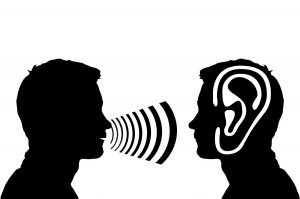
Part of being a great listener is remembering what the speaker has said to you, then following up with them.
For example, in a recent conversation you had with your co-worker Jacob, he told you that his wife had gotten a promotion and that they were contemplating moving to New York. The next time you run into Jacob, you may want to say, “Hey, Jacob! Whatever happened with your wife’s promotion?” At this point, Jacob will know you really heard what he said and that you’re interested to see how things turned out. What a gift!
According to new research, “people who ask questions, particularly follow-up questions, may become better managers, land better jobs, and even win second dates.”
It’s so simple to show you care. Just remember a few facts and follow up on them. If you do this regularly, you will make more friends.
7. Keep Confidential Information Confidential

If you really want to be a better listener, listen with care. If what you’re hearing is confidential, keep it that way, no matter how tempting it might be to tell someone else, especially if you have friends in common. Being a good listener means being trustworthy and sensitive with shared information.
Whatever is told to you in confidence is not to be revealed. Assure your speaker that their information is safe with you. They will feel relieved that they have someone with whom they can share their burden without fear of it getting out.
Keeping someone’s confidence helps to deepen your relationship. Also, “one of the most important elements of confidentiality is that it helps to build and develop trust. It potentially allows for the free flow of information between the client and worker and acknowledges that a client’s personal life and all the issues and problems that they have belong to them.”
Be like a therapist: listen and withhold judgment.
8. Maintain Eye Contact

When someone is talking, they are usually saying something they consider meaningful. They don’t want their listener reading a text, looking at their fingernails, or bending down to pet a pooch on the street. A speaker wants all eyes on them. It lets them know that what they’re saying has value.
Eye contact is very powerful. It can relay many things without anything being said. Currently, it’s more important than ever with the Covid-19 Pandemic. People can’t see your whole face, but they can definitely read your eyes.
By eye contact, I don’t mean a hard, creepy stare—just a gaze in the speaker’s direction will do. Make it a point the next time you’re in a conversation to maintain eye contact with your speaker. Avoid the temptation to look anywhere but at their face. I know it’s not easy, especially if you’re not interested in what they’re talking about. But as I said, you can redirect the conversation in a different direction or just let the person know you’ve got to get going.







